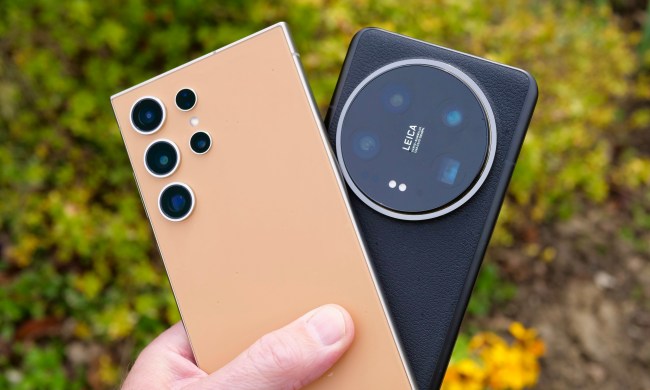Some might argue that a good patent battle is like a good wine: you can get the gist of it with a quick taste, but the true enjoyment comes from savoring the finer points.
Maybe one day the long-running dispute between mobile technology developers Qualcomm and Nokia will get to that stage…but for now it’s still just a ham-handed slap fight as each company accuses the other of wrongdoing and stealing intellectual property.
Readers might recall last week when Nokia offered Qualcomm $20 million to continue licensing key Qualcomm patents related to UMTS technology after April 9, 2007. In doing so, Nokia pointedly noted the money was not payment for use of Qualcomm patents covering CDMA/WCDMA technologies, which it considered to be “paid-up and royalty free.”
Qualcomm is having none of it: the San Diego company has spurned Nokia’s $20 million, characterizing the payment as a “fraction of the royalty to which Nokia agreed” in a 2001 licensing agreement, and accused Nokia of attempting to “mislead the industry and the investment community.” Qualcomm is taking Nokia to arbitration…and that’s on top of Qualcomm’s new litigation against Nokia over GSM technologies.
And Nokia? It isn’t buying any of Qualcomm’s assertions, Nokia issued a statement today claiming Qualcomm uses more than 100 Nokia GSM/WCDMA and CDMA2000 patents in its chipsets and that the San Diego company is the world’s largest user of Nokia technology and patents. Separately, Nokia claims to have paid less than a three percent gross royalty in aggregate license fees on WCDMA handset sales, including all WCDMA royalty payments made to Qualcomm. Qualcomm’s ears perked up at that assertion, and now believes Nokia may owe it even more money, saying that if Nokia’s claims are true, it would mean “Nokia has seriously underpaid royalties owed to Qualcomm under the parties’ 2001 license agreement and is in material breach of the agreement.” We can presume Qualcomm is sharpening up even more lawyers for this patent showdown.
But Qualcomm’s adversaries don’t start and stop with Nokia. Today, semiconductor and chip maker Broadcom charged Qualcomm with violating California law by concealing its patents, reneging on license obligations, engaging in misconduct before standards bodies, and exerting pressure on companies through hidden affiliations. “We now know that Qualcomm has been playing games with industry standards processes for years, leaving both consumers and competitors like Broadcom to pay a heavy price,” said David A. Dull, Broadcom’s senior VP and General Counsel, in a statement. “Our goal is to put a stop to this improper behavior and force Qualcomm to play by the same rules that apply to its competitors as well as its own customers.”
In its complaint, Broadcom cites instances where Qualcomm hid its patents from standards bodies and hiring members of technology working groups who did not disclose their Qualcomm ties. In the first instance, Qualcomm was found to have concealed patents from the organization which developed the H.264 video compression standard; a penalty hearing in that matter is scheduled for May 2, 2007. Separately, Broadcom notes that Qualcomm tried to dominate the IEEE 802.20 working group by covertly hiring several of its members, and neither the company nor the members disclosed their affiliation. The 802.20 standards working group had been working on a 4G wireless communication system; it is now suspended.
Broadcom’s 37-page complaint seeks unspecified compensation and punitive damages, and an injunction which would prevent Qualcomm from trying to enforce particular mobile, video, and cellular patents against Broadcom or its customers.


